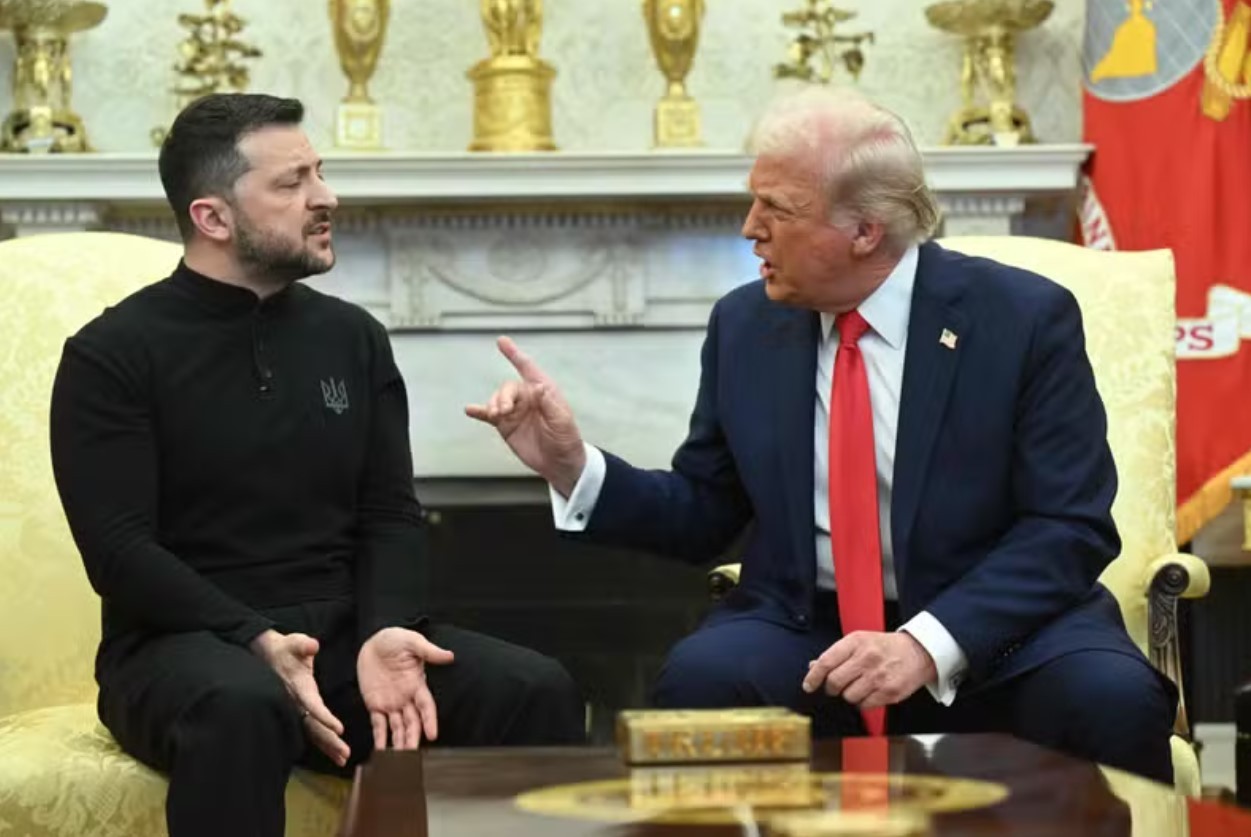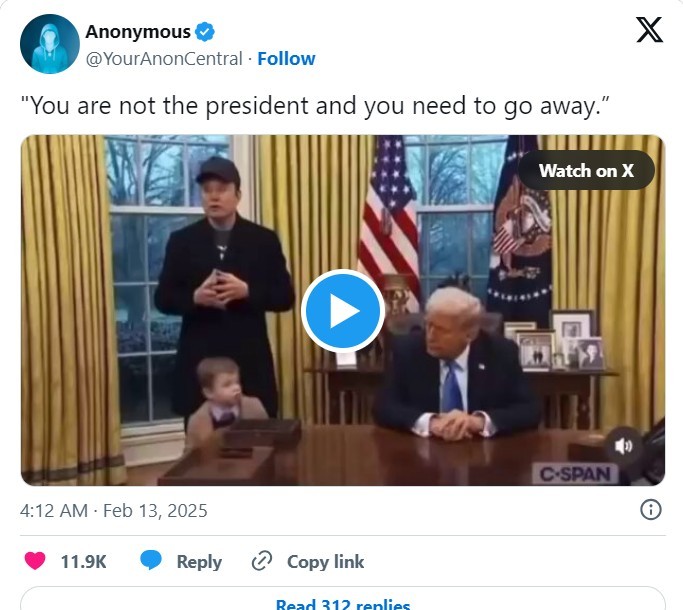Who is Ross Ulbricht? President Trump to Pardon the Founder of Silk Road
Ross Ulbricht, a name synonymous with the infamous darknet marketplace Silk Road, has been a controversial figure in discussions surrounding the intersection of technology, privacy, and crime.
Once a 29-year-old idealist with a vision of creating a decentralized marketplace free from governmental oversight, Ulbricht is now serving a life sentence without parole for his role in developing and running Silk Road. His case has captured public interest over the years, with debates about justice, overreach in sentencing, and the broader implications of internet freedom.
Recently, President Donald Trump reignited the conversation by pledging to commute Ulbricht’s sentence should he return to the Oval Office.
Problems with the founder of Silk Road Memecoin alertRoss Ulbricht, the founder of Silk Road, used social media to caution cryptocurrency users against investing in any memecoins that bear his name while incarcerated. Ulbricht claimed in an X post on January 19 that there was "no official Ross coin" in the cryptocurrency space that he was connected to or involved with. According to a listing from CoinMarketCap, at least one token, ROSS, which was introduced in May 2024 and bears the name and likeness of the founder of Silk Road, saw a sharp increase in value following the US election day, just before Donald Trump took office. |
 |
| Ross Ulbricht |
The Life of Ross Ulbricht: From Libertarian Idealist to Convicted Felon
Ross Ulbricht was born in Austin, Texas, in 1984. Described as a bright, inquisitive, and ambitious individual, Ulbricht excelled academically, earning a degree in physics from the University of Texas at Dallas and a master’s degree in materials science from Penn State University. However, his interests extended far beyond the traditional academic path. Influenced by libertarian philosophies, Ulbricht became an ardent supporter of free markets and limited government intervention.
This ideological foundation inspired Ulbricht to launch Silk Road in 2011, a darknet marketplace accessible via Tor, where users could transact anonymously using Bitcoin. His goal, as he later claimed, was to create an online platform that upheld personal freedom by removing the state’s control over commerce. However, what began as an experiment in libertarian economics quickly evolved into a hub for illegal activities.
Silk Road: A Revolutionary Platform or a Criminal Enterprise?
At its peak, Silk Road facilitated over $1.2 billion in transactions, with an estimated $80 million in commissions flowing to Ulbricht under his pseudonym, “Dread Pirate Roberts.” The platform primarily dealt in narcotics, but it also enabled the sale of counterfeit documents, hacking tools, and other contraband. Authorities argued that Silk Road’s anonymity fueled criminal enterprises and exacerbated the opioid crisis.
Ulbricht’s defenders, however, maintain that his role was overstated. They argue that Silk Road had strict policies against violent goods and services, such as child pornography and weapons, and that Ulbricht’s vision was rooted in a philosophical stance rather than criminal intent.
The Arrest and Trial
In October 2013, Ulbricht was arrested at a public library in San Francisco. Investigators had been working undercover for months to track him down, using sophisticated cyber forensics and a series of mistakes Ulbricht made in concealing his identity. His trial, which began in January 2015, drew significant media attention. Prosecutors painted him as a ruthless kingpin who ordered hits on individuals threatening the platform—though no murders were ever carried out.
Ulbricht was convicted on multiple charges, including money laundering, conspiracy to commit computer hacking, and conspiracy to traffic narcotics. In May 2015, he was sentenced to life in prison without the possibility of parole, a punishment many viewed as excessive, especially given that no violent crimes were directly linked to him.
The Movement to Free Ross
 |
| Will Donald Trump Pardon Ross Ulbricht |
Over the years, a grassroots campaign to free Ulbricht has gained traction, with supporters arguing that his sentence is disproportionate and reflective of the government’s desire to make an example of him. The Free Ross movement highlights perceived injustices in the judicial process, such as the exclusion of evidence related to alleged corruption among federal agents investigating Silk Road.
Prominent figures, including politicians, activists, and tech leaders, have voiced support for commuting Ulbricht’s sentence. They point to the broader societal implications of his case, including debates around sentencing reform, digital privacy, and the role of government in policing the internet.
Donald Trump’s Pledge
In a surprising turn of events, Donald Trump has vowed to release Ross Ulbricht if he regains the presidency. Speaking at the 2024 Libertarian National Convention, Trump declared, “If you vote for me, on day one, I will commute the sentence of Ross Ulbricht.” This promise has sparked both hope and skepticism.
Trump’s commitment appears to stem from negotiations with libertarian leaders and activists, including Angela McArdle, chair of the Libertarian National Committee. According to McArdle, Trump’s former Director of National Intelligence, Richard Grenell, facilitated meetings between the former president and advocates for Ulbricht’s release. Trump’s track record of granting clemency—such as his high-profile pardon of Alice Johnson and commutations for nonviolent drug offenders—suggests he may follow through on this promise.
Reactions to Trump’s Announcement
The pledge has drawn mixed reactions. Supporters of Ulbricht’s release view Trump’s promise as a long-overdue correction of a miscarriage of justice. They argue that while Ulbricht deserves accountability for his actions, a life sentence without parole is an extreme measure for a nonviolent offender. Critics, however, see the move as a political ploy to court libertarian voters and question the precedent it might set for cases involving cybercrime.
The broader public remains divided. Some view Ulbricht as a victim of an overzealous justice system and a symbol of the need for reform. Others believe his actions facilitated harm on a massive scale and warrant the punishment he received.
A Second Chance or Controversial Gamble?
If Trump’s promise becomes a reality, Ulbricht could walk free for the first time since his arrest over a decade ago. At 40 years old, he has spent nearly a quarter of his life behind bars. In recent statements, Ulbricht has expressed remorse for the pain caused by Silk Road but maintains that his intentions were rooted in ideals of freedom and innovation.
The potential commutation of his sentence raises important questions about justice, redemption, and the evolving role of technology in society. For Ulbricht, it would mark the end of a grueling chapter and the beginning of a new one. For the public, it is an opportunity to reflect on the balance between punishment and reform in the digital age.
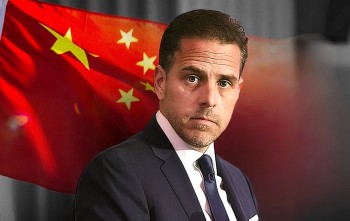 Hunter Biden Scandal: Allegations, Controversies, and Trump's Reactions Hunter Biden Scandal: Allegations, Controversies, and Trump's Reactions President Biden pardoned his son, Hunter Biden, after the first son was convicted in two separate federal cases earlier this year. |
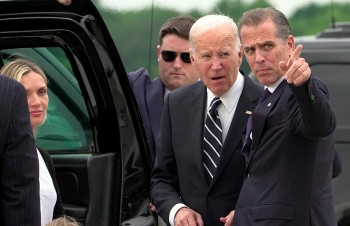 Biden's Historic Clemency: Counter Backlash from Pardon of Hunter Biden Biden's Historic Clemency: Counter Backlash from Pardon of Hunter Biden Biden's historic clemency for 1,500 inmates may aim to counter backlash from his controversial pardon of Hunter Biden, sparking debate over motives and fairness. |
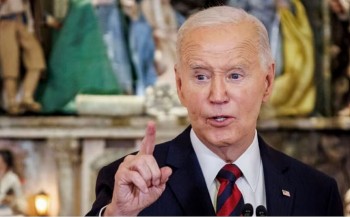 Who are the 39 People Biden Pardoned: Names, Ages, Locations, and Offenses Who are the 39 People Biden Pardoned: Names, Ages, Locations, and Offenses Here are the 39 people who received pardons, with names, ages and locations provided in a White House. |
 Who Got Biden’s Pre-Emptive Pardons? Milley, Fauci, and Jan. 6 Figures Revealed Who Got Biden’s Pre-Emptive Pardons? Milley, Fauci, and Jan. 6 Figures Revealed In an unprecedented move on Monday, U.S. President Joe Biden announced pre-emptive pardons for General Mark Milley, Dr. Anthony Fauci, and members of the January ... |


